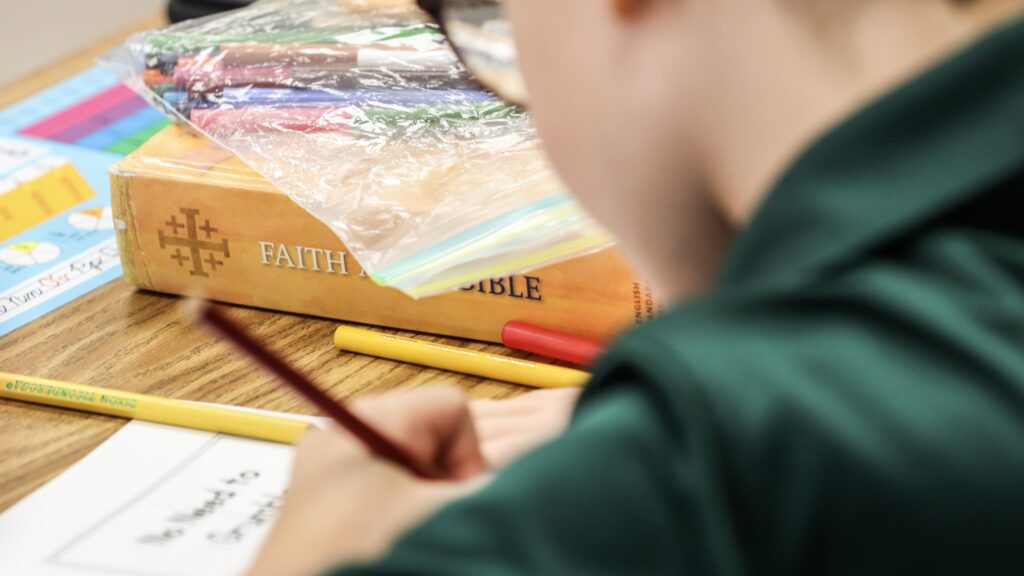A groundbreaking initiative to utilize federal tax funds to assist families in paying for private school tuition nationwide has taken a significant step forward. The House Ways and Means Committee Republicans recently approved a federal school voucher program, allocating $20 billion over four years, as part of a broader reconciliation bill extending President Trump’s 2017 tax cuts. This move was met with enthusiasm by Republicans and advocates for school choice, who view it as a means to empower parents in selecting the best education for their children.
However, critics, particularly proponents of traditional public schools, raised concerns over the potential negative impact of vouchers on public education, citing funding diversion and lack of accountability in private institutions. Of particular concern were advocates for students with disabilities, who fear that private schools may not adequately cater to their needs as public schools do under federal disability laws.
The proposed national school voucher program aims to create opportunities for students through a tax credit system, allowing individuals to donate to Scholarship Granting Organizations (SGOs) and receive tax benefits. This program, which goes beyond income-based eligibility criteria, has sparked debates over its potential implications on educational equity and academic outcomes.
Previous experiences with state-level voucher programs have shown mixed results, with varying impacts on student enrollment, academic performance, and school finances. The ongoing push for a federal voucher program reflects broader shifts in education policy and the ongoing debate over the role of government in supporting diverse educational options.

